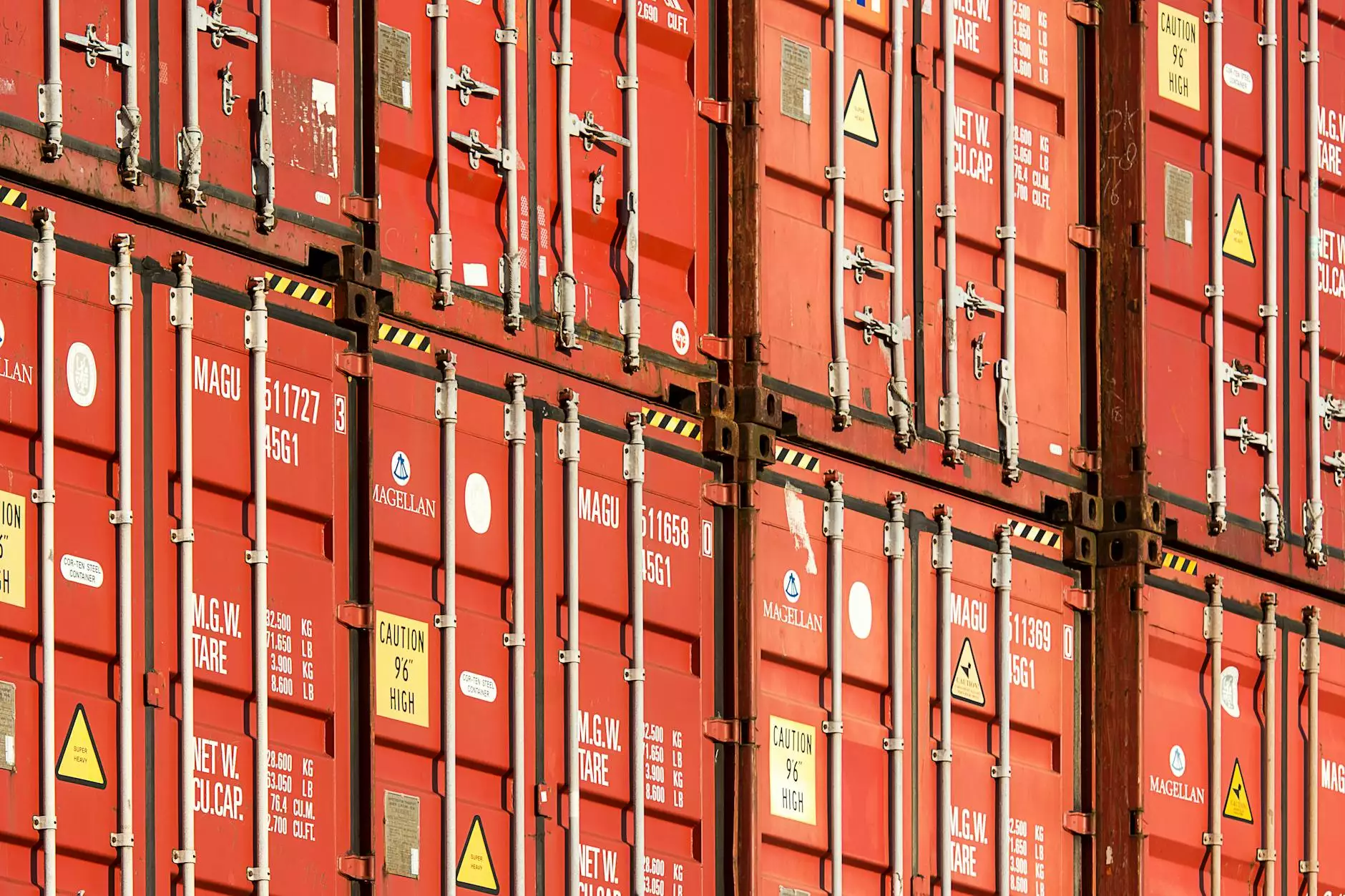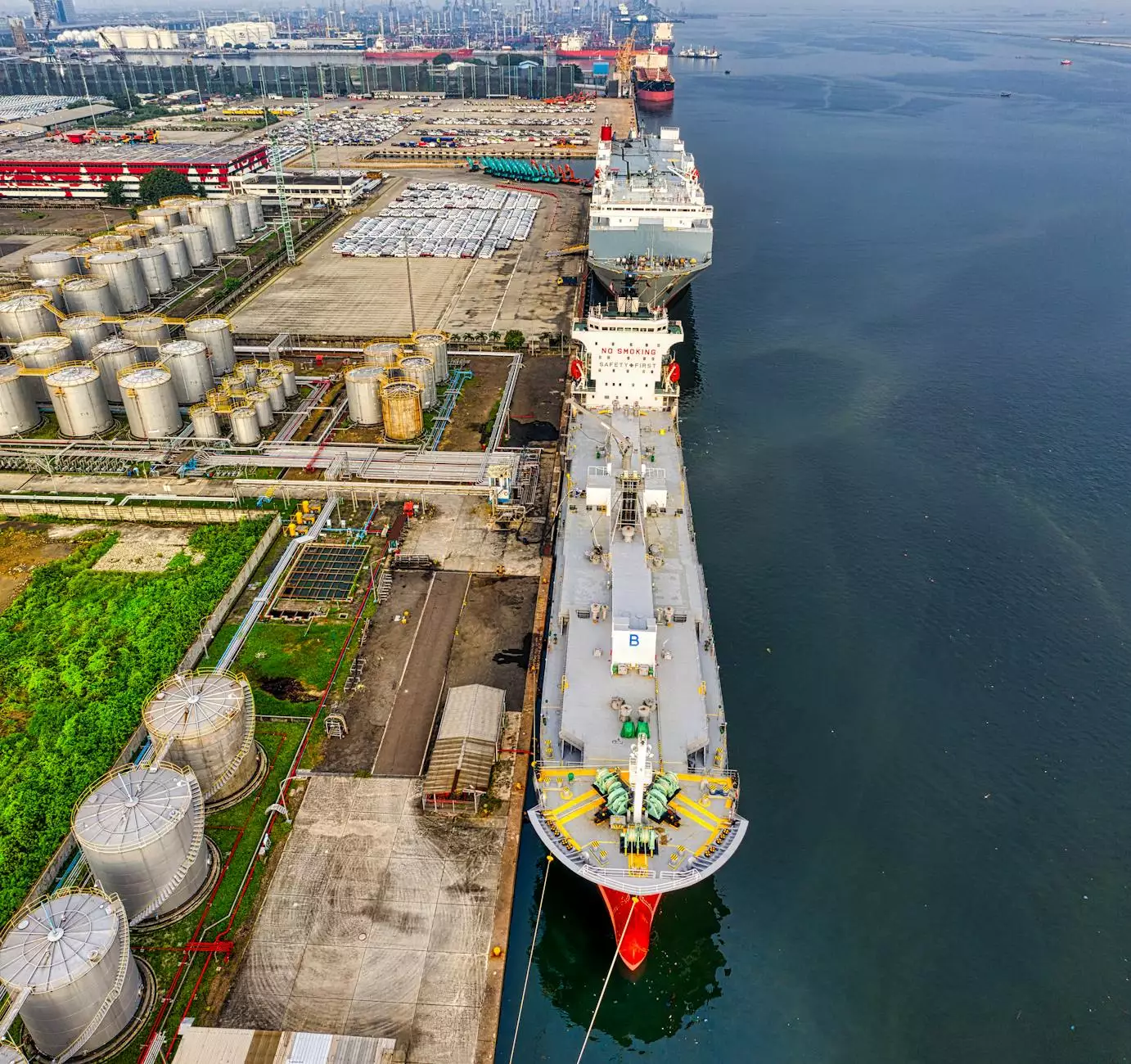Understanding International Air Freight Charges for Your Business

The global marketplace has expanded dramatically over the past few decades, with international trade becoming crucial for businesses of all sizes. One of the most significant aspects of engaging in international business is understanding international air freight charges. These charges can drastically affect profitability and operational efficiency. This article provides a comprehensive guide to navigating these costs, empowering you to make informed decisions for your business.
What Are International Air Freight Charges?
International air freight charges refer to the fees incurred when shipping goods via air across international borders. These costs can include various elements such as:
- Base Shipping Rate: The fundamental cost of transporting goods from one airport to another.
- Fuel Surcharge: Additional fees implemented to cover fluctuating fuel prices.
- Security Fees: Charges related to the security measures taken to protect goods during transit.
- Handling Fees: Costs associated with the loading and unloading of cargo.
- Customs Duties and Taxes: Government-imposed fees on imported goods that vary by country.
These charges are critical to budget for accurately, as they can make up a significant portion of the total shipping cost.
Factors Influencing International Air Freight Charges
Several factors impact the international air freight charges your business might incur:
1. Weight and Dimensions of Goods
The weight and size of your cargo directly influence freight costs. Airlines often charge based on dimensional weight (also known as volumetric weight) if it exceeds the actual weight, so it's crucial to properly measure your shipments.
2. Flight Routes and Distance
The route taken by the cargo can also significantly affect shipping costs. Longer distances generally incur higher charges. However, express services to major hubs might also bear premium fees.
3. Type of Cargo
Different commodities are charged differently. For example, perishables or hazardous materials might incur higher fees due to the extra handling and care required during transport.
4. Seasonal Demand
During peak shipping seasons (e.g., holidays), logistics companies may raise rates due to increased demand and limited air cargo space availability.
5. Service Type
Choosing between standard, express, or freighter services can greatly affect your charges. Express services cost more but expedite delivery times, while standard services may be more economical.
Economic and Operational Benefits of Air Freight
Despite potentially high international air freight charges, shipping by air offers numerous advantages for businesses:
- Speed: Air freight is the fastest mode of transportation, crucial for time-sensitive shipments.
- Reliability: Airlines typically stick to their schedules, providing greater reliability than other freight options.
- Global Reach: Air freight allows companies to reach international markets quickly, helping to expand their customer base.
- Minimal Damage Risk: Air shipping reduces the risk of damage to goods compared to other transport modes, thanks to streamlined handling processes.
- Enhanced Supply Chain Efficiency: Quick delivery helps maintain stock levels more efficiently, resulting in improved customer satisfaction.
How to Minimize International Air Freight Charges
While it’s essential to understand the various charges associated with air freight, businesses can take proactive measures to minimize these costs:
1. Negotiate Rates with Carriers
Building strong relationships with carriers can often result in better rates. Don't hesitate to negotiate contracts, especially if you plan to ship regularly.
2. Optimize Packaging
Reducing the weight and size of your packaging can lead to lower charges overall. Consider using lightweight materials and minimizing packaging volume to reduce overall dimensional weight.
3. Utilize a Freight Forwarder
Freight forwarders are logistics specialists who can help streamline your shipping process and often have access to negotiated rates that might be lower than retail rates.
4. Consolidate Shipments
Consolidating multiple shipments into one can decrease per-unit shipping costs. This is particularly effective if you often ship smaller quantities.
5. Monitor and Adapt
Regularly reviewing shipping costs and operational practices will help uncover areas that could be optimized to save on air freight costs.
The Future of International Air Freight Charges
The logistics industry is continually evolving, with innovations that could reshape the landscape of international air freight charges:
1. Technological Advancements
Technologies such as blockchain and IoT are becoming more prevalent in logistics, providing real-time tracking and greater transparency in shipping processes, potentially leading to lower costs and improved security.
2. Sustainability and Environmental Impact
As businesses become more environmentally conscious, air carriers are focusing on reducing their carbon footprint, which may affect pricing strategies in the future.
3. E-commerce Growth
The rise of e-commerce continues to drive demand for reliable air freight services. This boom could lead to more competitive pricing and innovative services tailored to online retailers' needs.
Conclusion
Understanding international air freight charges is crucial for any business engaged in global trade. By recognizing the factors influencing these costs and actively working to minimize them, companies can significantly impact their profitability and operational efficiency. The strategic use of air freight can provide a competitive advantage, paving the way for opportunities in new and existing markets. As the logistics landscape continues to evolve, staying informed and adaptable will ensure that your business not only survives but thrives in the dynamic world of international trade.
For more information on shipping options and to optimize your logistics strategy, visit us at cargobooking.aero.









